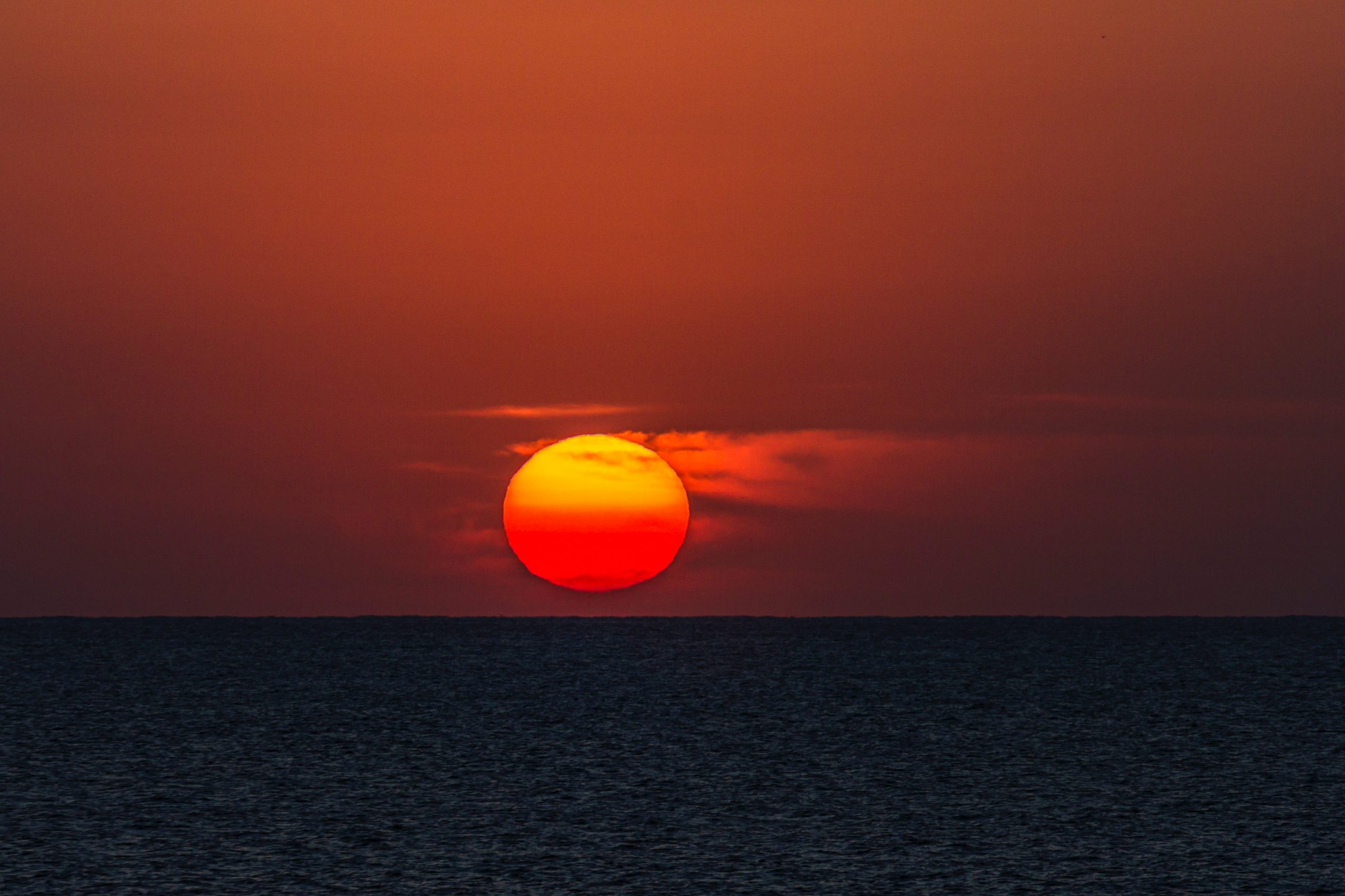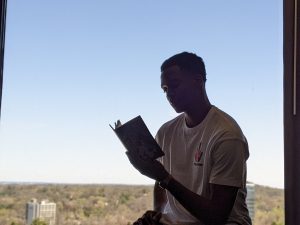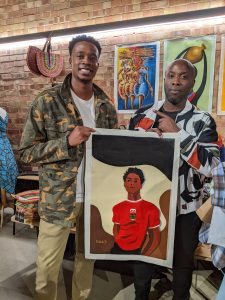The sun never sets on the British Empire.
John Wilson, Christopher North”
Upon landing in America, Sir Francis Wyatt said “Our first work is expulsion of the savages to gain free range of the country”.
The British coexisted with the Natives and by the accounts I’ve read, they did live (somewhat) in sort of harmony. Some even tried to marry into the tribes.
This was until the natives started to question their true motives.
Native Indian chief Wahunsonacock spoke on the British settlers coming over to what was to be named America “They are here to invade my people and possess my country”
Before you read on, what are your thoughts on the British Empire? Give me your answer in the comments!
Before I took it upon myself to read more into the question, my opinion on the British Empire has always been that it wasn’t good for the world. I knew of only the horrific things that Britain did in order to create its Empire.
As I grew older I started to hear different opinions and was perplexed that there were some who flat out believed the Empire was a good thing and would not hear any different.
So there it was, my opinion vs people (who I respected) that thought differently. The only way to figure this out was to read books! I started to read books from white authors and black authors, who position themselves on either side.
The history of the Empire cannot be ignored, but for some reason our curriculum at school has done a great job in whitewashing history and we are hardly taught about any of it. I honestly wonder what people’s opinion of the Empire would be if they picked up a book, (this book in fact) and read about the tactics Britain employed to rule the world.
Right at the start of the book, the author (Niall Ferguson) talks about beneficiaries. You are told about how his grandfather travelled the globe selling goods. And when the author was growing up, he was able to look through his grandfather’s belongings which he had collected travelling the world. Must’ve been nice.
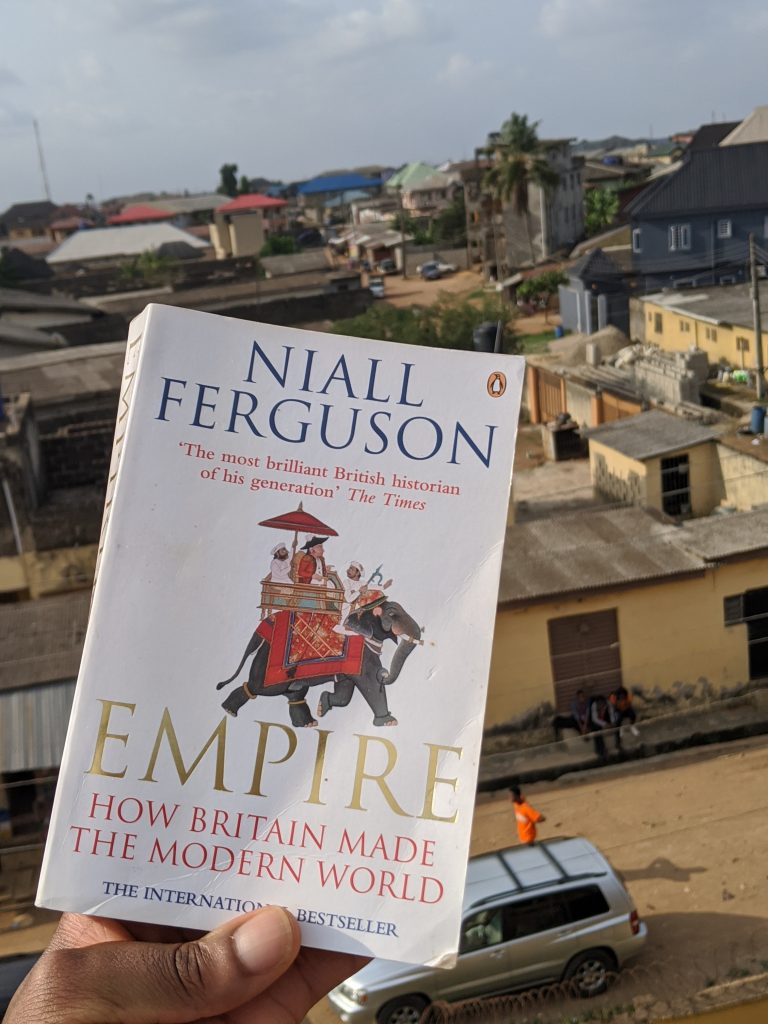
The reader understands how the Ferguson family history is integrated into the Empire. As soon as I read this part, I knew which side of the author stood on. Which is simple right? If there was something which your family benefited from, you would only have good things to say about because that is your experience.
The beginnings of the Empire saw explorers (pirates) travel the world in search of the elusive Eldorado. And along their travels, they took whatever they found. This exercise started to be backed by the government and these pirates became arms of the British navy.
The Dutch Finance System
The British learnt an innovative finance system from the Dutch which started the foundation to turn Britain into the financial powerhouse that we know today.
I won’t go into full detail, I’ll leave that for you to read when you pick up the book – as it is extensive
Basically, the Dutch had a system in place in which the government could borrow from its citizens at low interest rates due to the government implementing public debt.
Thanks to this system, the Dutch were able to finance more fleets expanding their scale. They were then able to increase their expeditions to India thus monopolizing the market. The Dutch took over the spice trade from Indonesia which used to belong to the Portuguese.
Not content at being second place, and realising that they were not selling as much as the Dutch, war broke out on the sea routes out of Europe between the British and the Dutch.
The British invested heavily in their fleet in an attempt to wrestle control from the Dutch, but (surprisingly to me), the Dutch came out on top!
Missionaries
Britain’s strategy to take over the globe was very smart. They went to New Zealand, Australia, North America and countries in Africa. They used missionaries to teach the Christianity.
That was their in.
His descriptions make me laugh, he notes how they travel into these countries just to convert heathens into religion. I don’t know if the author describes them as heathens because this is how he genuinely feels, or if it is how non Christians are described?
Definition of the word heathen:
Oxford dictionary online describes a heathen as: Having no religion, or belonging to a religion that is not Christianity, Judaism, or Islam
Why is it that if you are not a practising member of those religions you are instantly a heathen? What if you are religious but not practising those religions? Does that make a Hindu or Bhuddist a heathen?
Oxford learners dictionary defines a heathen as: People who have no religion or who believes in a religion that is not one of the world’s main religions
World’s main religions? Fairly ambiguous statement. The one above discounts Hinduism and Buddhism while the second definition seems to allow them as I would say that these 2 religions are within the world’s main religions.
The first definition that pops up on a google search is from Merriam Webster:
- An unconverted member of a people or nation who does not acknowledge God of the Bible
- An uncivilized or irreligious person
All very British definitions which basically say that if you are not what Britain has deemed acceptable, you are a heathen.
Imagine living for centuries by the rules set upon you by your ancestral history, then some random person comes along and tells you that everything you believe in is wrong.
But back to Merriam Webster’s definition, the 2nd part, an uncivilized person. The British went around the world and decided that people in India, Africa, North America, Australia and New Zealand were not civilised because they did not live life like them or look like them.
When I travel, I respect the places I visit. It is not up to me to tell them that they are living wrong. I don’t know about their culture so who am I to tell them they are living wrong? The pure arrogance of the British still astounds me.
But back to the book…
When reading original accounts of the missionaries and what they thought of Africans, it’s amazing that they stuck with what seemed an impossible task. Their aim was to convert a whole continent to a British way of living and religion.
I’ve seen first hand how invested religious people can be and how they have such confidence in their religion. They believe that they can convert anyone to their way of thinking.
The worst part about this was when countries or villages refused, the Christians used force.
Mosi-oa-Tunya
David Livingston was a member of the LMS (London Missionary Society). Once he completed his studies and became an upstanding member of society, he was briefed to convert the heathens of Africa.
Through his time in Africa, he eventually conceded that the Africans were not interested in the religion that he preached, but rather the technological advancements that he brought with him to the continent. In this case it was the machine gun, which the Africans labelled ‘gun medicine’.
Once he gave up on converting heathens, he became an explorer. Exploration is a positive of the British empire. To be able to report back to ones mother country and inform them that you found a piece of land or landmark must be rewarding.
For it was Livingston who laid eyes on one of the wonders of the world and named it Victoria Falls, after the Queen of England. The waterfall was previously named Mosi-oa-Tunya meaning “the smoke that thunders”
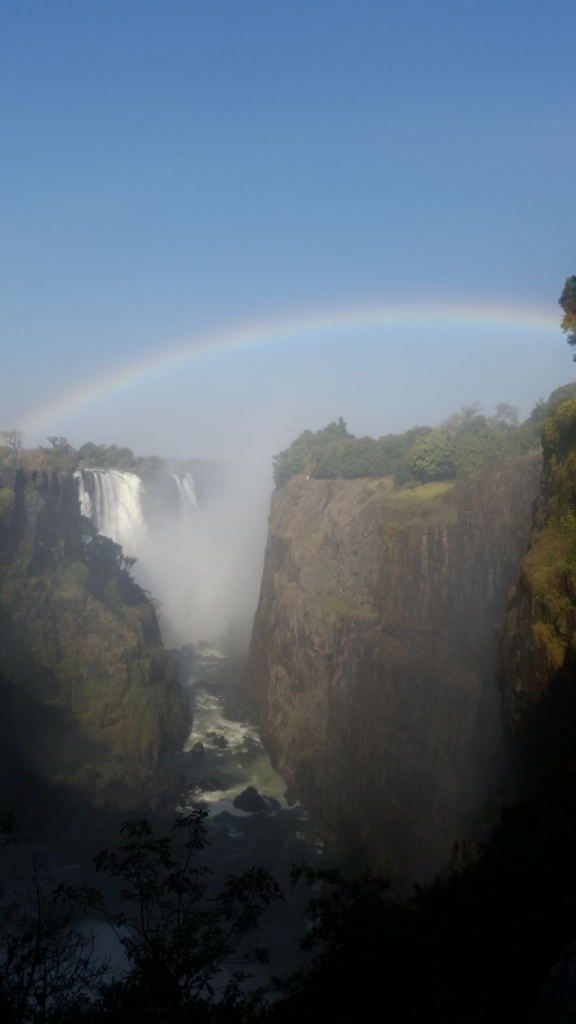
What about the locals who already live there?
Victoria Falls already had a name, but being part of the empire somehow allows you to go to wherever you want and rename it with a western, English name. See Rhodesia Land or what it is rightfully called Zimbabwe.
It is quite sad that Mosi-oa-Tunya and other famous landmarks have been renamed, thus removing any cultural history or relevance to those who really did discover them. Victoria Falls will forever be called that unless the powers that be start to call it by its original name.
Native Indians
In the year 1500, there had been around 560,000 native Indians living in America, and by 1700, that number had more than halved.
The chapter on the invasion of the America’s was a sad read. Although it was an invasion, in school we learnt that it was an exploration and Christopher Columbus found America. It begs the question how can you discover something which has already been found?!
As indicated by the quote at the start of the piece, the Native Indians knew that the British came to invade their land, even though they came with smiles and the good book #KillThemWithKindness
Having practised Christianity when I was younger, that is the religion which is closest to my heart. It pains me everytime I read about colonisation and how Britain went there promoting this religion yet their actual motive was to own their land.
Sorry I digress…
When the British landed in America, they killed off some native people with the diseases they brought with them from travelling the seas. BUT the main reason which the natives died was because the British killed them off.
Colonial India
In its most basic description of this time, Britain did India dirty.
Britain used India to mine their natural resources. Nearly all of the money made from India was pumped back into Britain. It was a really small percentage that was pumped back into the Indian economy.
The book goes into specifics.
While I agree that the empire did a great job in providing basic infrastructure for the Indians to thrive, the book unsuccessfully uses this to justify the money being drained from the Indian people and being sent back to England.
Additionally the book seems to justify Britain’s actions by informing the reader how the Dutch drained India of its resources too. It’s almost like when you were a kid and tried to justify your bad behaviour by telling the teacher how worse your friends behaviour has been. (Not that I ever did this, I’m no snitch, maybe on my sister.)
The colonisation of India is a vast chapter and is referred to throughout the book. I’ve decided to include the part of history which speaks to after the mutiny. The people were furious at how they were treated and began to revolt.
Please note, the British did not give the Indians absolute rule over their own country, no. They gave them enough power to keep the elite happy.
After the Indian mutiny, the British were still hell bent on governing India, but due to deaths and fighting, they decided on a different strategy. Following the mutiny, the British understood how difficult it would be to transform India to a fully functional British colony. I mean in the sense of fully adopting British culture, language and religion.
Where the British were really smart, they picked and chose who out of the population would become ‘elite’ and educated them to a British standard. The elite were taught ideals and customs of the British and put them in positions of power so that they could have an influence on how India was governed.
Although there was this new ‘respect’ to culture and tradition, the Brits still did not fully respect their Indians.
It is impossible for us, with our limited means, to attempt to educate the body of the people. We must at present do our best to form a class who may be interpreters between us and the millions whom we govern; a class of persons, Indians in blood and colour but English in taste, in opinions, in morals, in intellect.
Fast forward to the year 1908 and George Nathaniel Curzon (the then viceroy of India) began to impose further ruling on India believing that this would make them easier to manage.
His legislation backfired.
The people started to revolt. They were angry that the British were taking away their culture, tradition and religion. The book describes this act as terrorism.
How can it be terrorism when one fights against their invaders, their captures, the colonisers? Was it not an act of war that put the British in charge in the first place?
Why isn’t this described as retaliation in the war against colonialism?
Whether he does it on purpose, Ferguson’s writing reminds me of the British media’s reporting of black crime vs white crime. Or even commentators on social media.
When the Jamaicans fought back and attempted the uprising of Morant Bay in 1831, Feguson is very quick to point out that it was black soldiers who quelled the uprising with excessive force.
This made me angry, cos it wasn’t the soldiers choice. Given a fair or free choice, I can guarantee that they would choose to stand by their brothers and not assist the people who have come to their country and caused disruption. But as the British had the machinery and money, the black soldiers had to quell this uprising.
If you have read through this whole blog post, thanks 🙂 If you have the patience to read through this, then you can definitely read through Empire too.
Have a read and let me know of your informed answer as to whether the British Empire was a good thing.
My answer? Well, I think that is clear, but I will continue to read more.

